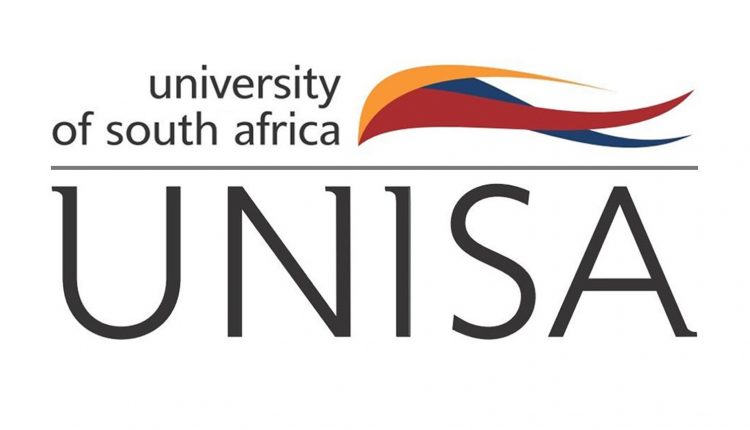University of South Africa: Unisa SBL to host first International Engaged Scholarship Conference
From 14 to 16 August 2022, the Unisa SBL in collaboration with the Journal of Public Administration (JoPA) will host the first International Engaged Scholarship Conference to engage on practical solutions to fast-track industrial development and regional integration. Themed “Africa Continental Free Trade Area (AfCFTA) – Leading Change in the Public and Private Sectors”, the conference is a platform for public and private stakeholders to contribute their intellectual prowess towards creating collaborative opportunities across sectors and between urban and rural businesses; local, national and regional enterprises, to create sustainable economies. The conference also seeks to identify ways to tackle developmental integration and growth issues in the context of the Africa Continental Free Trade Agreement.
We want all stakeholders to collaboratively contribute solutions to improve the current trajectory of the continent’s trade targets. Policymakers, revolutionary academics, agents of change and indigenous knowledge-holders must contribute to creating collaborative opportunities. In addition, the public and private sectors, urban and rural businesses, and local, national and regional enterprises need to devise solutions on how we can intentionally drive intra-Africa trade to create sustainable economies.
Today’s world is an interdependent trade ecosystem. The signing of the African Continental Free Trade Area in 2018 underpins the commitment of African leaders to operationalise the interdependence of economies in the African region.
Trade interdependencies pose challenges for policymakers and opportunities for local and cross-border traders. However, challenges abound when economic policies do not create an enabling environment for local and international trade to be optimised.
Forward-looking trade policy frameworks are crucial in international trade, but these are not enough to transform and align African economies with the needs of the current digital industrial revolution. Without a special kind of policymaking acumen and leadership sensibilities that unlock capabilities to navigate the global business environment nimbly, the policy environment will still not yield inclusive growth.
If the continent is to meet the targets of the intra-Africa trade, all stakeholders must come together to determine a more practical way to drive trade across borders. There is an urgency needed in driving these efforts – more so as African economies have been affected by the Covid-19 pandemic.

